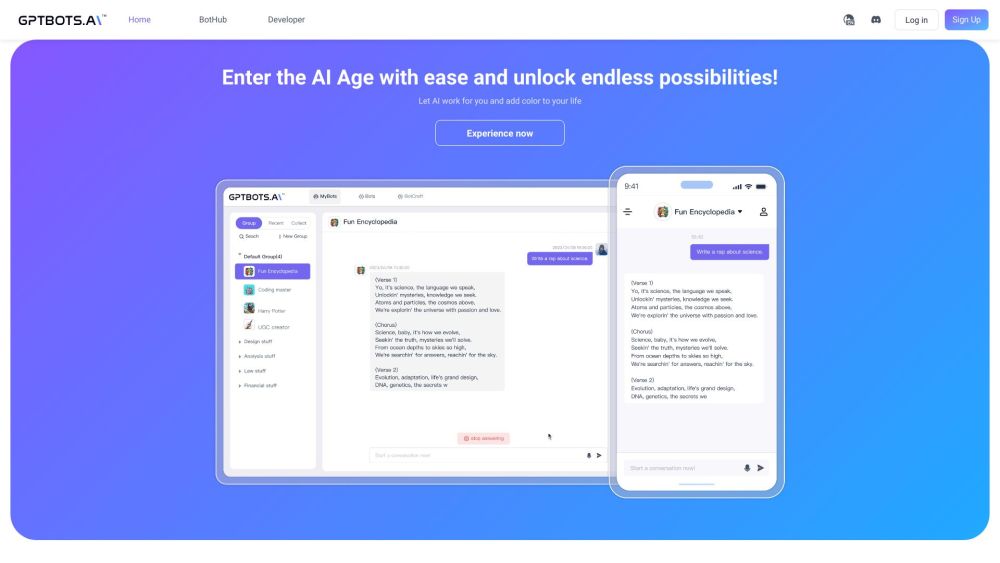Executives from leading telecom companies are increasingly recognizing the potential of AI in creating new revenue streams and transforming customer and partner interactions. During a panel discussion at Mobile World Congress 2024, Lilac Ilan, Global Head of Business Development for the Telecom Market at Nvidia, highlighted that telecom operators can monetize idle network capacity by offering AI inferencing services. This innovative approach could allow businesses and developers that require low-latency processing but lack robust IT infrastructure to run AI models closer to their data sources, enhancing performance and responsiveness.
Ilan pointed out that a recent Nvidia report indicated that 19% of businesses adopting AI experienced revenue growth approaching 10%. She emphasized that leveraging capacity at the network edge could yield even more significant gains for telecom companies. An example of this in action is the emerging trend of telcos providing sovereign cloud services to enterprises, allowing businesses to maintain control over their data while benefiting from advanced computational resources.
### Real-world Applications of AI in Telecom
The application of AI within telecom is not merely theoretical. Jitin Bhandari, CTO of Nokia, shared insights into how his company employs traditional AI models for concrete use cases, including enhancing customer experience and achieving operational optimizations. Notably, Nokia has also been experimenting with generative AI to create more intuitive interactions. By deploying an open-source large language model within its MX Industrial Edge solution, Nokia aims to facilitate better connectivity between telcos and various industries.
AT&T is also leveraging AI capabilities to improve its understanding of network outages, particularly in challenging scenarios like hurricanes. Adam Loddeke, Assistant Vice President of RAN Technology at AT&T, noted that AI is driving both performance and operational efficiencies for telecom operators. However, he cautioned that the widespread integration of AI technologies requires a gradual evolution of existing networks, as highlighted by Jean-Christophe Laneri, Head of Cognitive Network Solutions at Ericsson.
Laneri described the current juncture as a "critical point," where the complexity of modern networks meets the pressing need for cost-effective solutions. He believes that the maturity of cloud and AI technologies presents an opportunity to enact meaningful change within the industry.
### Collaborative Efforts for AI Advancement
A key theme that emerged among panelists was the importance of collaboration among industry players to maximize the benefits of AI. Shortly before the discussion, the AI-RAN Alliance was inaugurated, with major telcos and cloud providers committing to enhancing mobile network efficiency through AI integration. Laneri emphasized that such transformation will require collective efforts across the industry rather than relying on a single vendor.
AT&T, while not participating in the alliance, has noted new partnerships that have surfaced due to the AI revolution. Loddeke remarked on the abundance of AI-focused innovations present at the Mobile World Congress, showcasing the collaborative spirit fostered by shared technological advancements. This environment enables telcos to onboard new applications developed by various partners, enhancing competitive innovation within the industry.
### Building Skills and Trust
Despite the enthusiasm surrounding AI, challenges persist, particularly regarding workforce readiness. Bhandari emphasized the necessity for the entire ecosystem to develop a comprehensive governance framework to facilitate a deeper understanding of AI technologies. According to Nvidia’s survey, 55% of telecom operators identified skill shortages as a significant hurdle to scaling AI initiatives.
Both Loddeke and Laneri highlighted the importance of fostering trust among engineering teams during this transition. "While talent may exist within organizations, it's crucial to ensure that teams feel equipped to handle new technologies," remarked Loddeke. Laneri echoed this sentiment, stressing that building trust in AI outputs is essential to moving towards automation. Transparent communication about how algorithms function—rather than treating them as black boxes—will be central to cultivating that necessary trust and enabling the gradual automation of workflows.
In conclusion, the telecom industry stands on the brink of a transformative era driven by AI. By leveraging existing infrastructure, partnering collaboratively, and investing in talent development, telecom companies can harness the full potential of AI to reshape their operations and enhance customer experiences, paving the way for a more innovative future.





